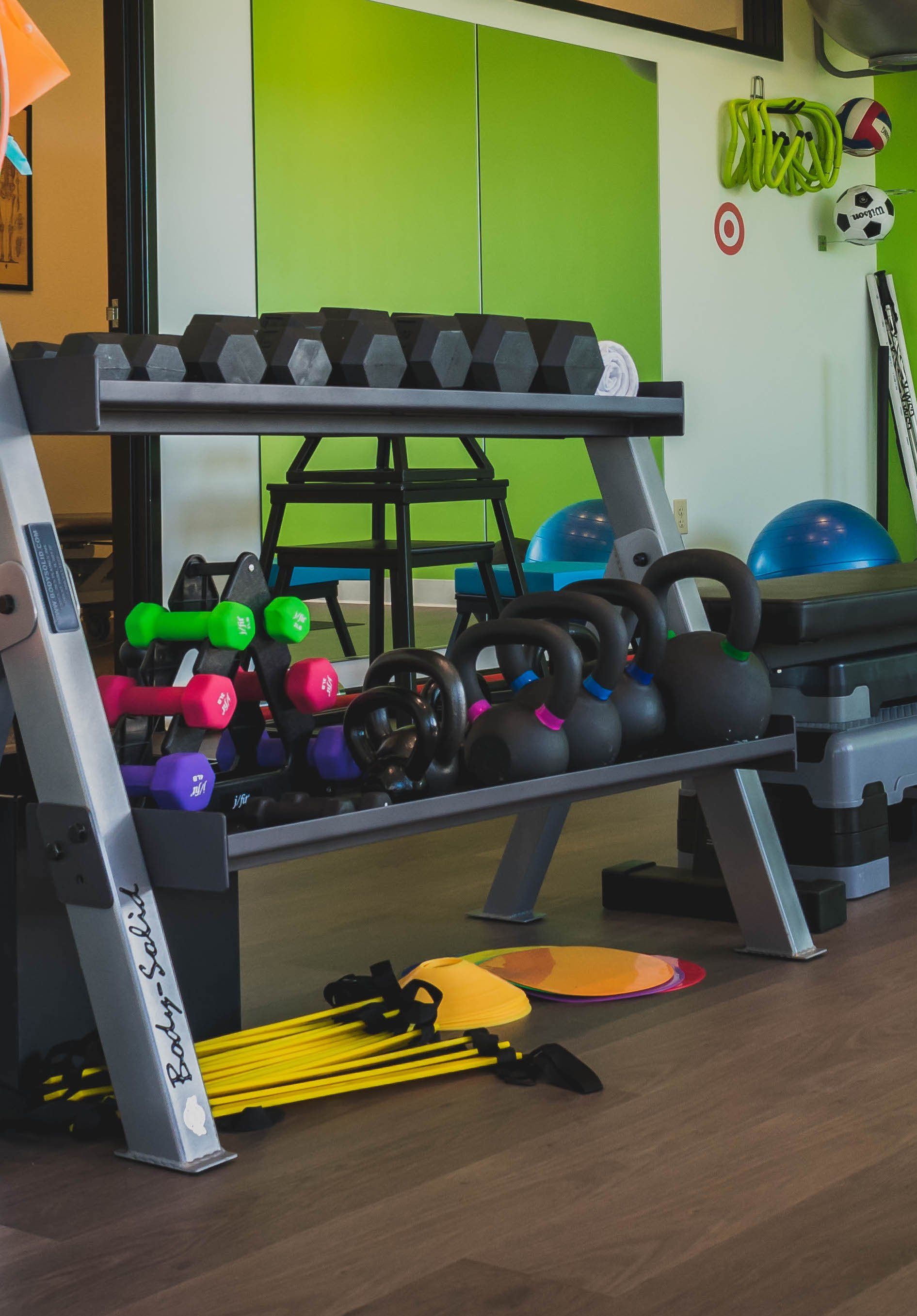Men’s Pelvic Health
Men’s Pelvic Health: The Importance of Physical Therapy
Introduction
When it comes to healthcare, pelvic health is an area that is often overlooked, particularly when it comes to men. However, men’s pelvic health is just as important as any other aspect of their well-being. Pelvic issues can greatly impact a man’s quality of life, leading to discomfort, pain, and even emotional distress. Thankfully, physical therapy can play a vital role in addressing and treating men’s pelvic health concerns. In this blog post, we will explore the significance of men’s pelvic health and the benefits of physical therapy in promoting overall wellness.
Understanding Men’s Pelvic Health
The pelvic region encompasses various structures, including muscles, nerves, and organs, such as the bladder, prostate, and rectum. Men’s pelvic health issues can manifest in different forms, such as pain in the groin, penis, perineum, and testicles. Men can also have issues with erectile dysfunction and post-prostatectomy complications such as urine loss. These conditions may arise due to a variety of factors, including surgery, trauma, chronic muscle tension, or underlying medical conditions.
Importance of Physical Therapy for Men’s Pelvic Health
Physical therapy can play a crucial role in addressing and managing men’s pelvic health issues. Here are some key reasons why physical therapy is essential:
- Pain management: Pelvic pain can be debilitating and affect daily activities. Physical therapists are skilled in identifying the source of pain and implementing appropriate treatment techniques, including manual therapy, stretching, and relaxation exercises. They can also guide individuals through pain management strategies and help restore normal function.
- Muscle re-education: Pelvic floor muscles are vital for bladder and bowel control, sexual function, and overall stability or “too much stability”. Physical therapists specializing in pelvic health can teach men how to effectively engage and relax these muscles through targeted exercises. This muscle re-education can improve bladder control, alleviate pain, and enhance sexual function.
- Post-surgical rehabilitation: Men who have undergone prostatectomy or other pelvic surgeries may experience post-operative complications, such as urinary incontinence and erectile dysfunction. Physical therapy offers specialized rehabilitation programs to address these issues, helping men regain control and function in their daily lives.
- Bladder and bowel dysfunction: Men experiencing bladder or bowel dysfunction can benefit from pelvic floor muscle training and voiding schedules provided by physical therapists. These interventions can enhance muscle coordination, improve urinary and bowel control, and reduce symptoms of urgency or frequency.
- Pre-habilitation: Preparing for upcoming pelvic surgeries, such as prostatectomy, through pre-habilitation can have a positive impact on surgical outcomes. Physical therapists can develop personalized exercise programs to optimize pelvic muscle strength, flexibility, and coordination before the procedure, facilitating a smoother recovery process.
- Sexual health support: Pelvic floor dysfunction can often contribute to sexual problems in men, including erectile dysfunction and pain with ejaculation. Physical therapy can address these concerns through various techniques, including pelvic floor muscle training and manual therapy. By improving pelvic floor function, physical therapy can positively impact sexual health and intimacy.
Conclusion
Men’s pelvic health is a vital component of overall well-being, and physical therapy can significantly improve the quality of life for individuals experiencing pelvic issues. Through specialized interventions, physical therapists can provide effective pain management, restore muscle function, address post-surgical complications, manage bladder and bowel dysfunction, and support sexual health. If you or someone you know is struggling with men’s pelvic health concerns, consider reaching out to a qualified physical therapist who specializes in pelvic health to begin a personalized treatment plan. Remember, seeking help and taking proactive steps towards pelvic health can lead to a happier, healthier life.
